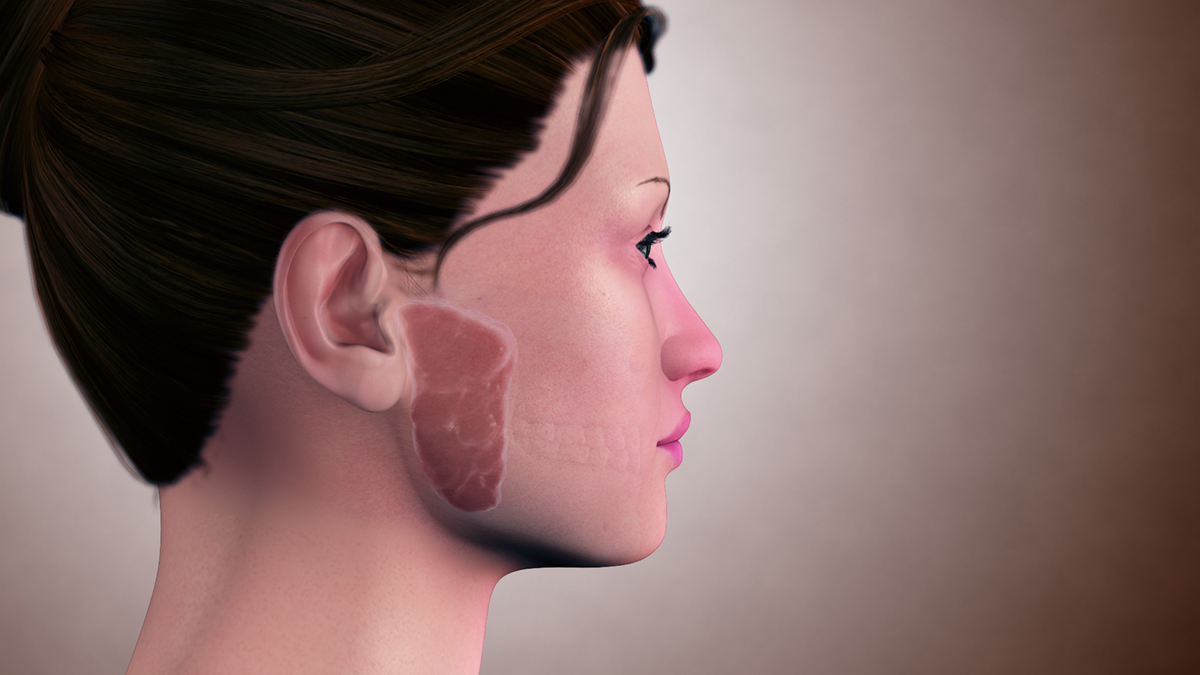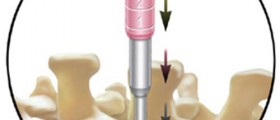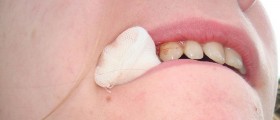Parotidectomy Overview
Parotidectomy is a surgical removal of parotid gland. This is the largest salivatory gland localized near the eye. The very surgery is performed in order to remove tumors from the gland. There are possible complications of parotidectomy. Some are treatable and not so serious while others can lead to permanent damage.
Hemorrhage can occur as one of the complications of parotidectomy. Hematoma is a collection of blood that can accumulate underneath the incision line. Hematomas required additional surgical procedure to be completely removed. This is what can lead to prolonged hospitalization of the patient.
Another complication of parotid removal is infection. Infections also lead to longer stay in the hospital but the condition is curable and antibiotics are prescribed. Sometimes drainage of the pus collection is needed.
Swelling, Numbness and Scars
Facial nerve is in charge with facial movements. During the surgery this nerve can be damaged. The swelling which is normal reaction of the surrounding tissue may lead to nerve compression and cause facial weakness. The paralysis for lifetime is rather rare and the function of the nerve improves as the swelling decreases. Sometimes patients need to undergo one more surgery to improve the function of the nerve.
Operated area may show the sign of numbness. This is mostly permanent complication.
Since this gland is rather big and the removal includes the surrounding tissue a patient may end up with asymmetrical face. The cheeks on the operated side are not full as they used to be. This state is permanent but it does not have to be so visible.
Visible scar is more a consequence than a real complication of parotidectomy. The scar is present in front of the ear and it may spread to ipsilateral side of the neck.
If tumor has affected and spread into the nearby skin this skin has to be removed together with the tumor. The additional skin grafts may be required in situations like this and the patient's appearance will be changed.
Other Possible Complications of Parotidectomy
In rare cases the nerves of the removed parotid gland may regenerate and get to sweat glands that are present in nearby skin. This way the provoking factors of saliva production can affect these glands as well and they can start producing sweat more than usual. This complication presents with increased perspiration of the affected skin.
Complications connected to anesthesia are one more possibility. These include problems with breathing and reaction to certain medications. In extremely serious cases brain damage or even lethal outcome may occur.
Tumor recurrence maybe the most significant complication as this means that patient has to undergo additional surgical procedure and the outcome of the disease is poorer.
Numerous reports in the literature have described the surgical technique and the oncological outcome achieved by parotidectomy, however, few reports have documented the complications of parotid gland surgery. Complications of parotid surgery may be intra-operative or post-operative. Post-operative complications can be classified as early and late (or long-term) complications. They are further classified as follows:
- Facial palsy.
- Hypoesthesia of greater auricular nerve.
- Amputation neuroma.
- Cosmetic problems.
- Haemorrhage or haematoma.
- Infection.
- Trismus.
- Wound seroma.
- Frey syndrome.
- Parotid fistula and sialoceles.


















Your thoughts on this
Loading...